For a hands-on learning experience to develop Agentic AI applications, join our Agentic AI Bootcamp today. Early Bird Discount
In just one week, we will teach you how to build agentic AI applications. Learn the entire LLM application stack.






The Large Language Models Bootcamp is tailored for a diverse audience, including:
Looking to enhance their skills with generative AI tools. Learn how to integrate LLMs into your data workflows and boost efficiency with real-world AI applications.
At enterprises or startups aiming to leverage LLMs for improving products, processes, or services .Discover how LLMs can drive innovation and streamline decision-making across your product lifecycle.
Seeking a head start in understanding and working with LLMs. Build a solid foundation in generative AI with guided, beginner-friendly lessons and hands-on exercises.
Learn from thought leaders at the forefront of building LLM applications
Overview of the topics and practical exercises.
In this module we will understand the common use cases of large language models and fundamental building blocks of such applications. Learners will be introduced to the following topics at a very high level without going into the technical details:
In this module, we will explore the primary challenges and risks associated with adopting generative AI technologies. Learners will be introduced to the following topics at a very high level without going into the technical details:
In this module, we will be reviewing how embeddings have evolved from the simplest one-hot encoding approach to more recent semantic embeddings approaches. The module will go over the following topics:
Review of classical techniques
Semantic Encoding Techniques
Text Embeddings
Hands-on Exercise
Dive into the world of large language models, discovering the potent mix of text embeddings, attention mechanisms, and the game-changing transformer model architecture.
Hands-on Exercise
Learn about efficient vector storage and retrieval with vector database, indexing techniques, retrieval methods, and hands-on exercises.
Hands-on Exercise
Introduction to Prompt Engineering
Anatomy of a Prompt
Prompt Engineering Techniques
Applications: Translation, Dialogue Systems, Information Retrieval
Risks and Safety: Injection, Leaking, Jailbreaking vulnerabilities
In-depth discussion on fine-tuning of large language models through theory discussions, exploring rationale, limitations, and Parameter Efficient Fine Tuning.
Introduction to Fine-Tuning
Alternatives to Fine-Tuning
Fine-Tuning Methods
Optimization Strategies
Data and Challenges
Hands-on Exercise:
Build LLM Apps using LangChain framework for orchestrating language models, prompts, memory, chains, and retrieval systems.
Introduction to LangChain: Orchestration framework for LLM applications, simplifies AI model integration, and provides modular components for complex workflows
Model I/O (Interface with any LLM): Prompts (templates, example selectors), Language models (LLM, Chat, Embedding), Output parsers for structured responses
Retrieval (Connecting external data): Document loaders (public/private/structured/unstructured data), transformers (chunking, metadata), embedding/vector stores, optimized retrieval techniques
Chains (Complex LLM workflows): Foundational types (LLM, Router, Sequential, Transformation), Document chains (stuff, refine, map-reduce) for large document summarization
Memory (Context retention): Short-term (thread-scoped) and long-term (cross-thread) memory for past interactions, buffer management, and conversation continuity.
LangGraph & Advanced Features Cyclical workflows, agency vs reliability trade-off management, stateful memory, and cognitive architectures for agentic applications
Hands-on Exercise
LLMOps encompasses the practices, techniques and tools used for the operational management of large language models in production environments. LLMs offer tremendous business value, humans are involved in all stages of the lifecycle of an LLM from acquisition of data to interpretation of insights. In this module we will learn about the following:
Principles of Responsible AI
Review techniques for assessing LLM applications, including:
Data-centric LLM Ops
Hands-on Exercise
Pipeline – Naïve baseline → limited accuracy, brittle scalability
Indexing – Chunk size tuning; embedding model choice; trade-off between cost, speed, and semantic fidelity
Query – Challenges – Large doc slices dilute relevance; ambiguous phrasing reduces recall
Query – Optimizations – Multi-query & multi-step retrieval; step-back prompting; query reformulation & transformations
Retrieval – Challenges – Inefficient long-doc handling; missing conversation context; fragmented multi-source retrieval
Retrieval – Optimizations – Hybrid search + metadata; sentence-window linking; parent–child chunks; hierarchical indexes; HyDE for pseudo-docs
Generation – Challenges – Info overload; context window bottlenecks; chaotic or conflicting inputs; hallucination; factual drift
Generation – Optimizations – Compression & summarization; Thread of Thought (ThoT); fine-tuning + adapters; Chain of Note (CoN); expert prompting; governance & access controls
Explore LLM evaluation, key metrics like BLEU and ROUGE, with hands-on exercises.
Introduction to LLM Evaluation
RAGAS
Detailed Workflow Stages
Hands-on Exercise
Apply bootcamp concepts to build custom LLM applications with real-world deployment and scaling capabilities.
Project Options
Basic Chatbot (general queries), Chatbot Agent (data integration), Chat with Your Data (document upload/interaction), Web Search Assistant, Question Answering systems
Provided Resources
Comprehensive industry datasets, step-by-step implementation guides, ready-to-use code templates in sandbox environments, cloud resources with OpenAI key access
Deployment & Outcome
Streamlit cloud deployment with CI/CD pipeline, fully operational application, functionality demonstration, and skills for real-world scaling
Showcase & Impact
Leverage AI for industry transformation, competitive advantage, social media presentation, and professional development
Earn a verified certificate from The University of New Mexico Continuing Education:
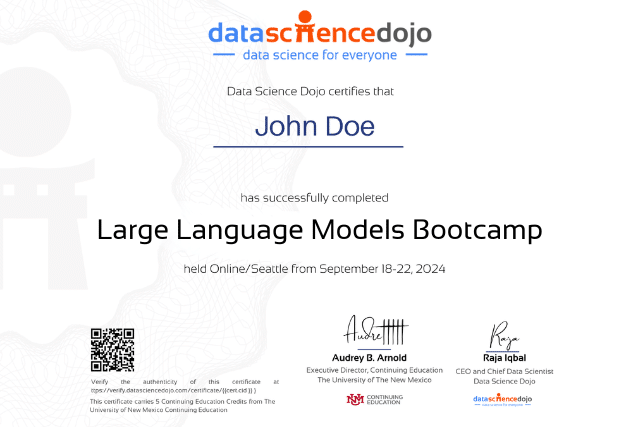
All of our programs are backed by a certificate from The University of New Mexico, Continuing Education. This means that you may be eligible to attend the bootcamp for FREE.
Learn to build Large Language Model applications from leading experts in industry.
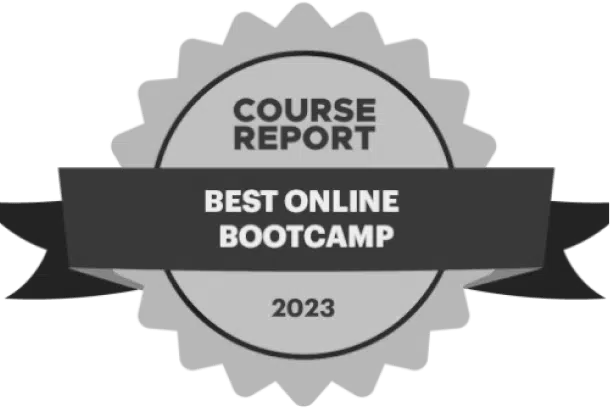
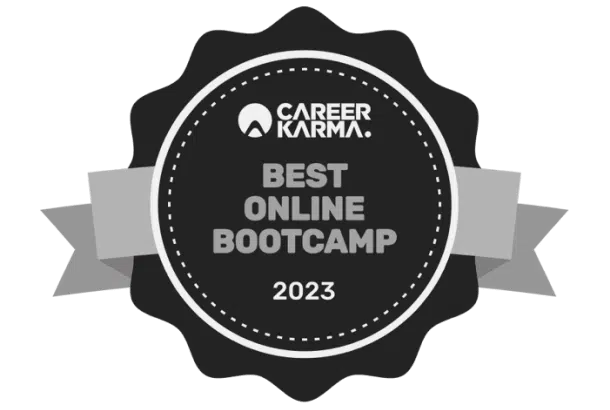
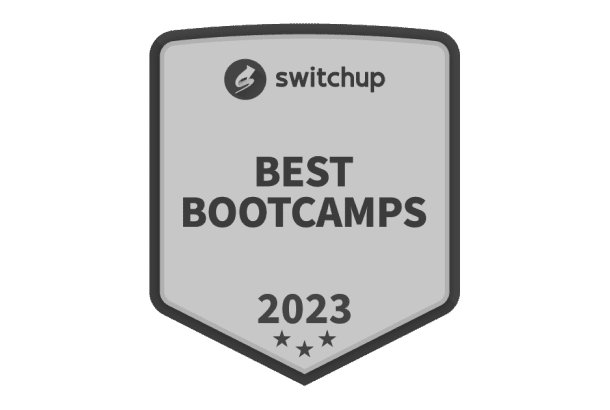



























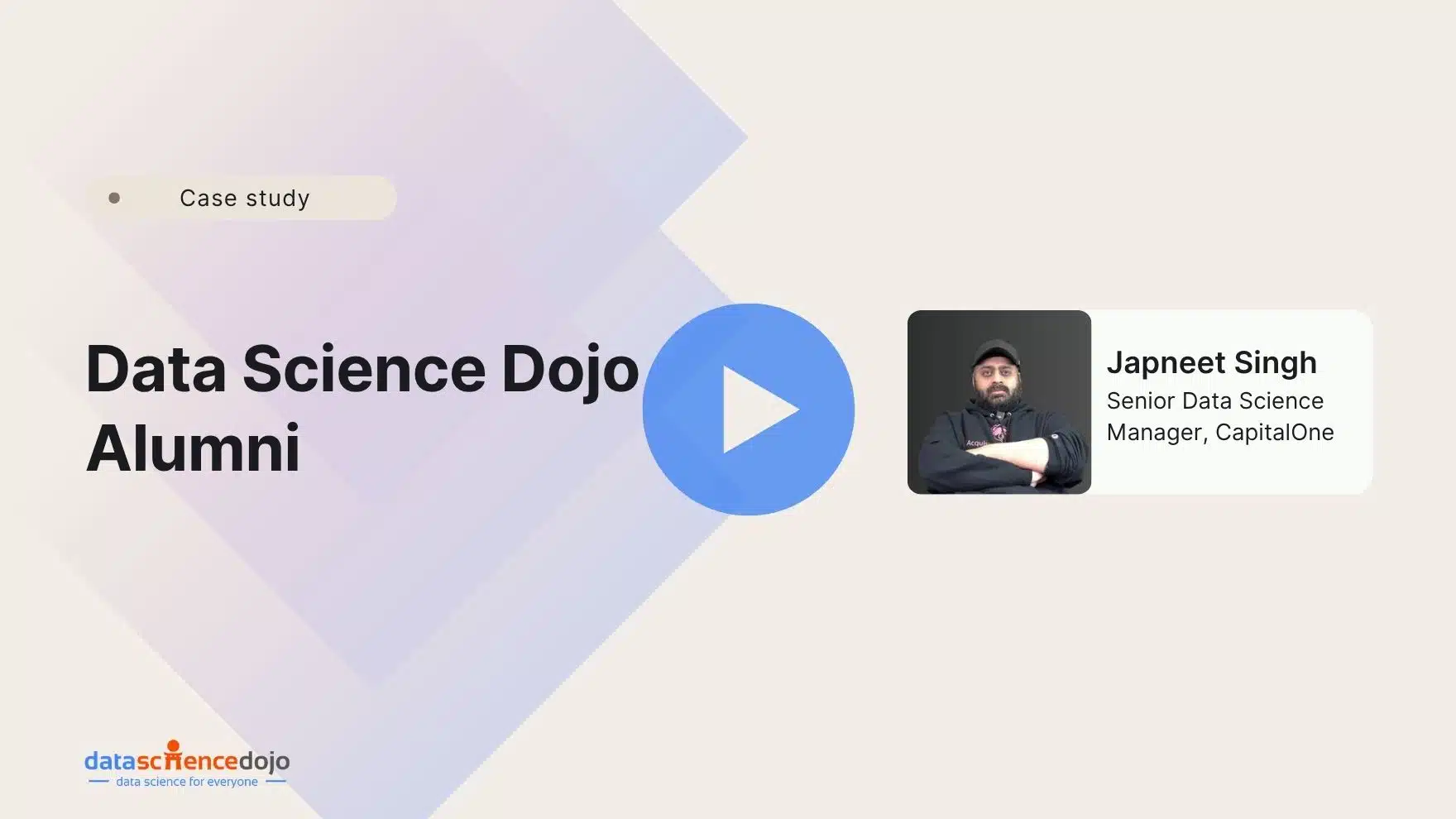
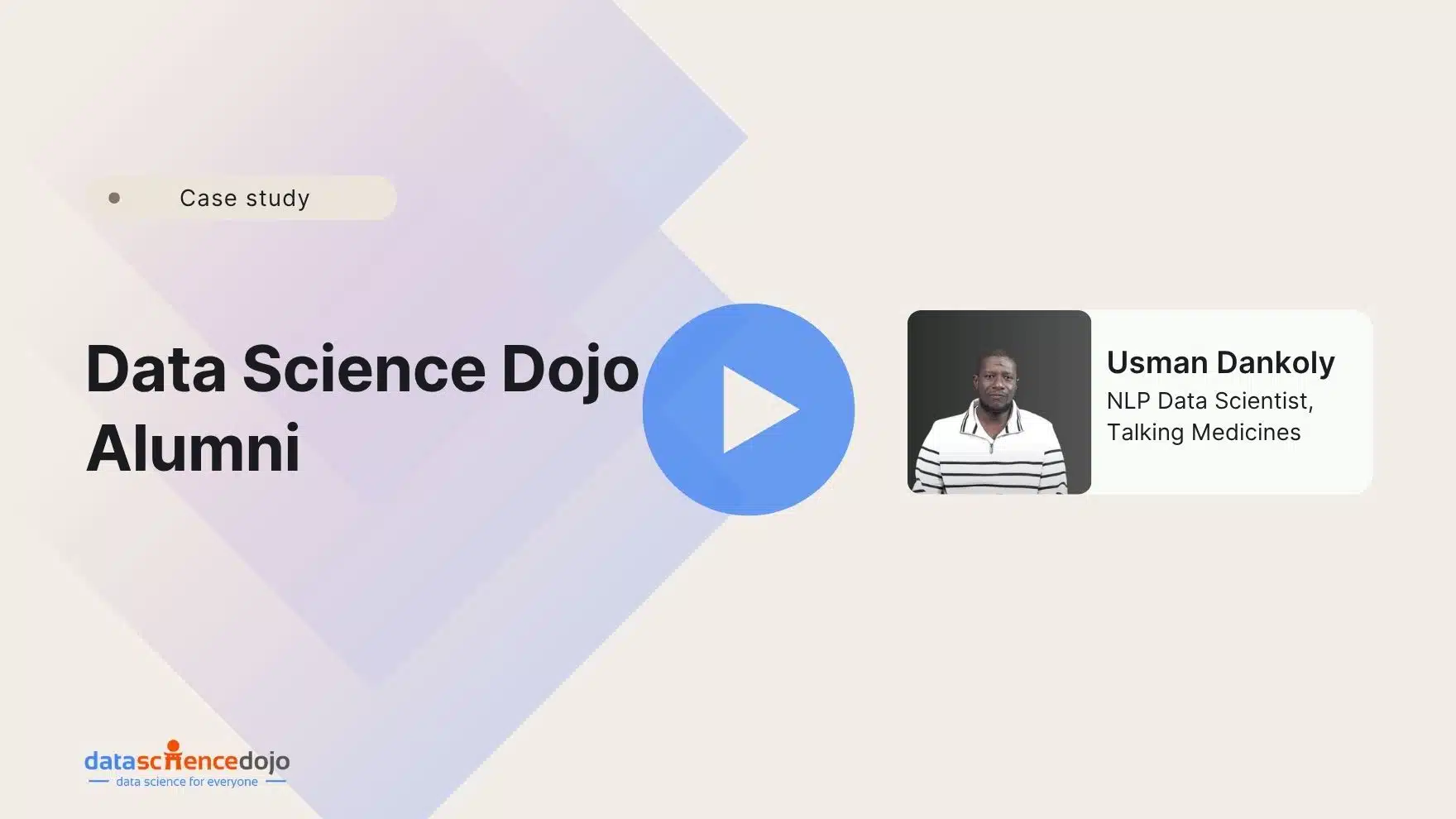
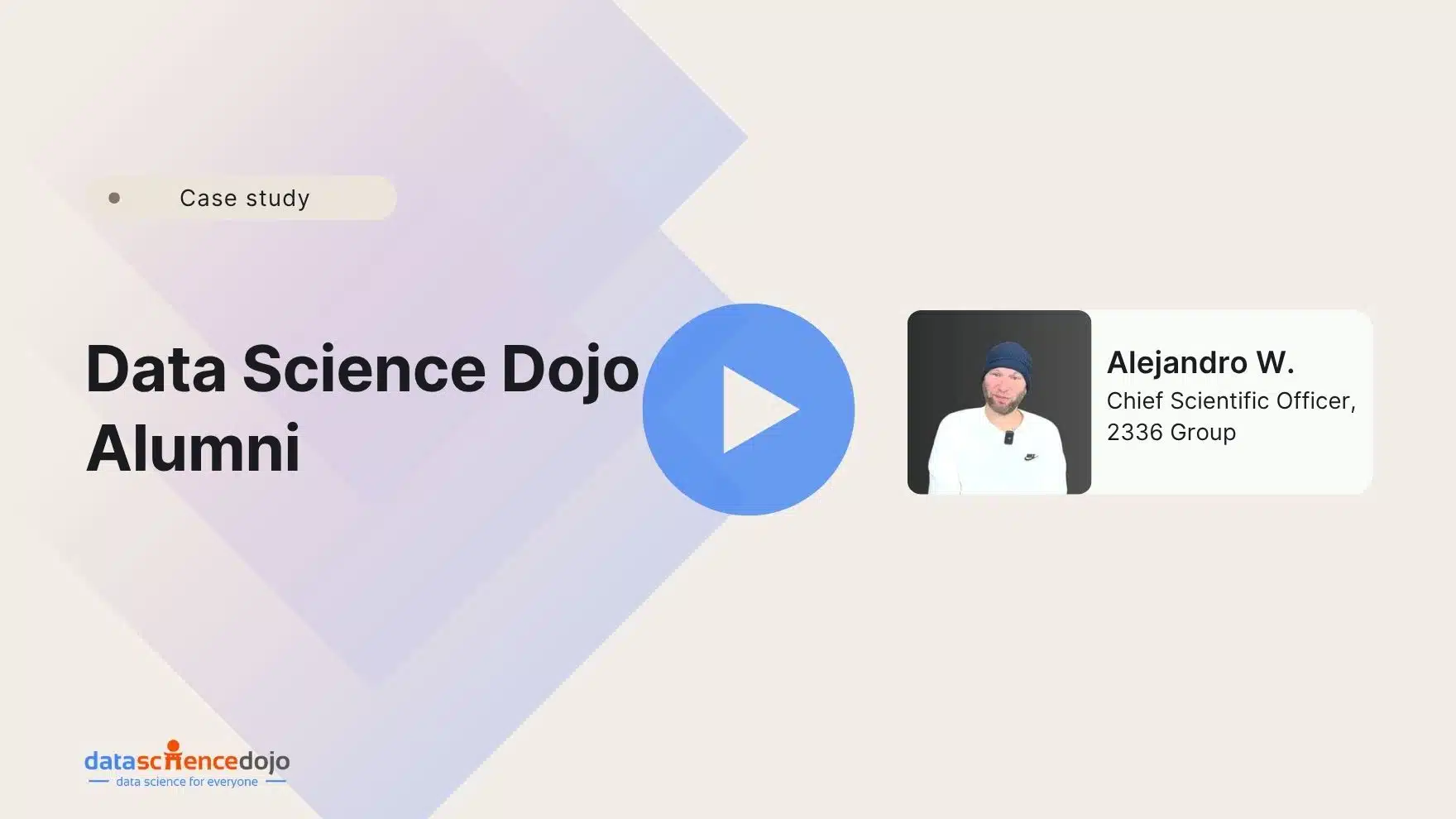
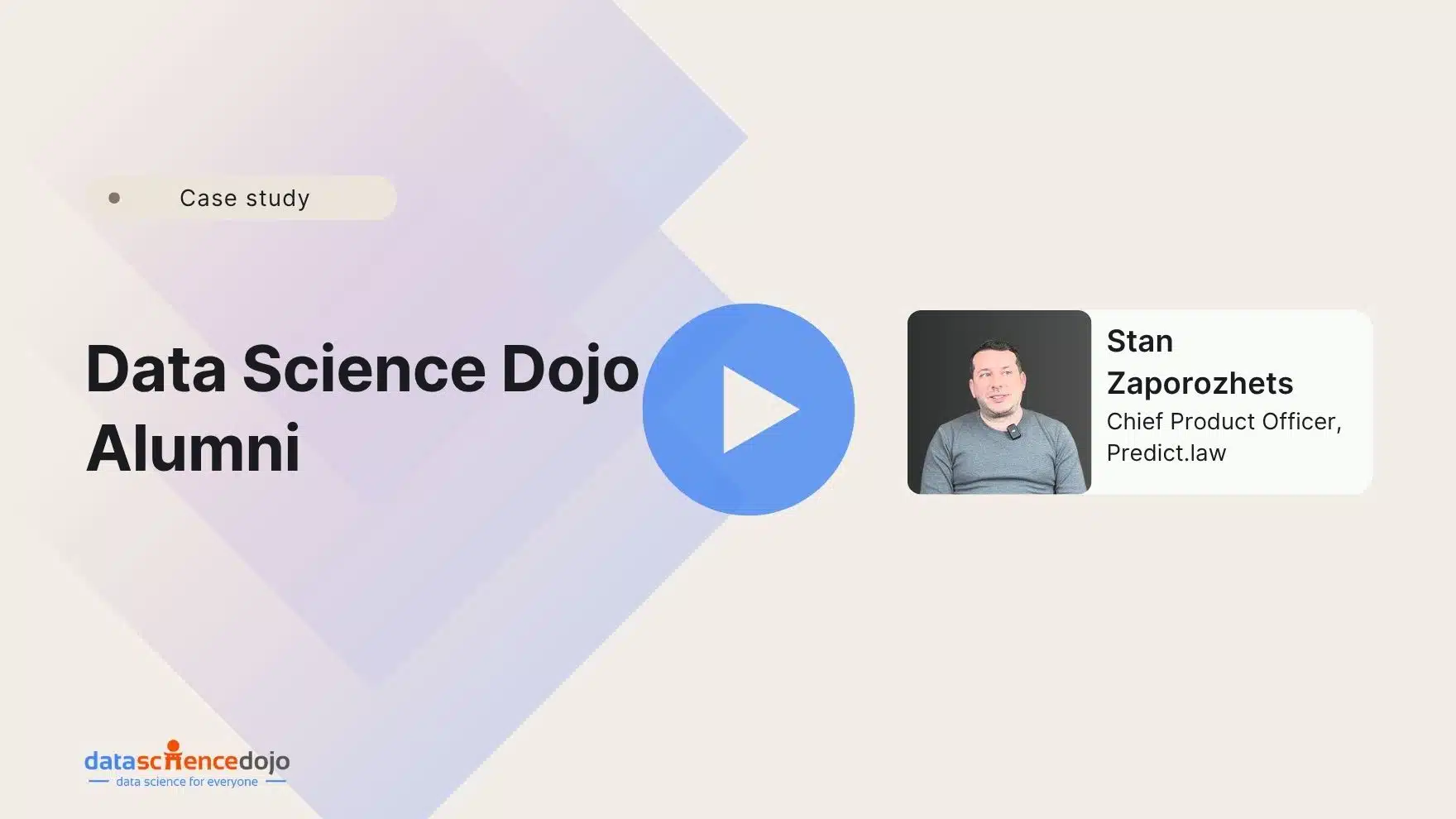
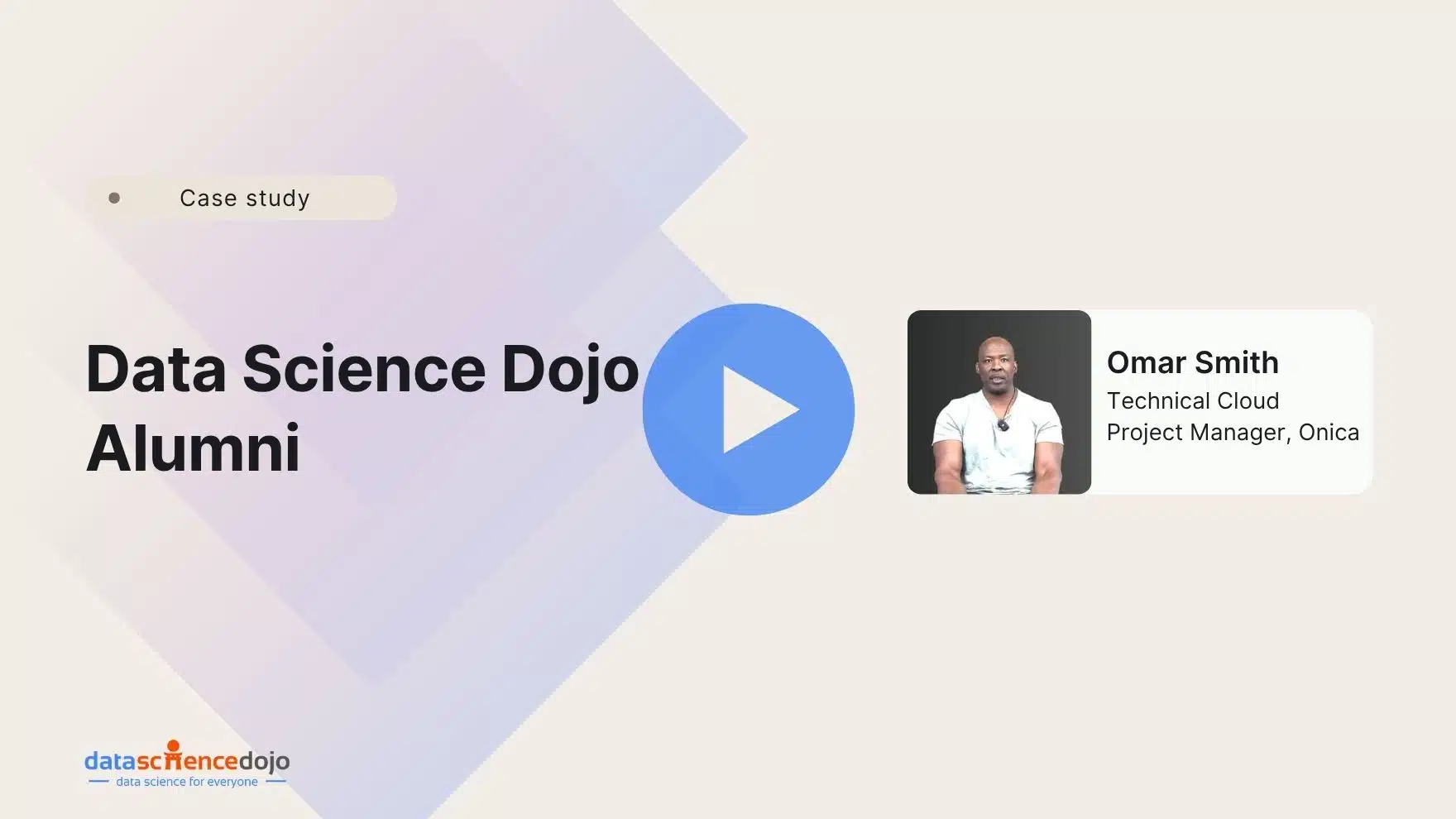
Our LLM bootcamp has been attended by many individuals from non-technical backgrounds, including those in business consulting and strategy roles. The program is designed to make Generative AI concepts accessible, regardless of your technical expertise.
You’ll gain practical insights into how LLMs are applied across industries, empowering you to advise clients better, lead AI initiatives, or collaborate effectively with technical teams.
You need a very basic level of Python programming for our LLM bootcamp.
Yes! We offer a short introductory course to help you get comfortable with Python. Plus, all code is provided in Jupyter Notebooks, so you’ll focus on understanding rather than writing code from scratch.
The address for the LLM bootcamp venue is given below:
Seattle Venue Address: Data Science Dojo5010 148th Ave NE, Redmond, WA 98052 [View on Map]
Our LLM bootcamp is an immersive five-day, 40-hour learning experience, available both in-person (Seattle) and online.
Yes, these sessions are live and are designed to be highly interactive.
Yes, the online session will be held at the same time with the same instructors as the in-person session.
By joining the LLM bootcamp, you will receive:
Yes. You will receive a certificate from The University of New Mexico with 5 CEUs.
Yes, participants who complete the bootcamp will receive a certificate of completion in association with the University of Mexico. This certificate can be a valuable addition to your professional portfolio and demonstrate your expertise in building large language model applications.
While we do not provide exact recordings of the live sessions, all key topics and content covered during the class are available in our companion courses. We’ve created structured lesson clips that reflect the material discussed, allowing you to review everything at your convenience even if you miss a live session.
No, the price for the Large Language Models bootcamp will remain the same, regardless of whether you attend in person or online.
If, for any reason, you decide to cancel, we will gladly refund your registration fee in full if you notify us at least five business days before the start of the training. We can also transfer your registration to another cohort if preferred.
However, refunds cannot be processed if you have transferred to a different cohort after registration. Additionally, once you have been added to the learning platform and have accessed the course materials, we are unable to issue a refund, as digital content access is considered program participation.
Transfers are allowed once with no penalty. Transfers requested more than once will incur a $200 processing fee.